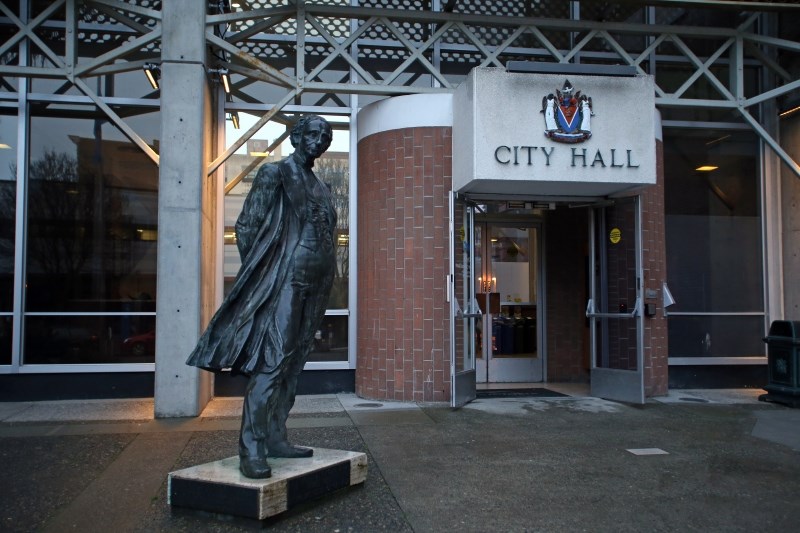Victoria councillors want to ensure transgender residents are protected from harassment, violence and discrimination.
Councillors have committed to developing a transgender inclusion policy and will urge other B.C. municipalities to follow suit.
“There are municipalities across Canada and around the world who have done work on this and are continuing to work on this,” said Coun. Jeremy Loveday, who brought the issue to council. He said transgender people face violence and discrimination.
“I think it’s time to make sure that we have it within our policies and that we’re making sure that our facilities and our programming are inclusive.”
Councillors also agreed forward a resolution calling on the province to adopt “explicit protection for transgender and gender-variant British Columbians by including gender identity and gender expression in the B.C. Human Rights Code” to the Union of B.C. Municipalities convention.
Coun. Marianne Alto called the move timely.
“In our existing strategic plan, we have made commitments on both inclusion and outreach that speak to the diversity of our community and our residents.”
Alto noted the federal government has announced revisions to some of its legislation.
“I think it seems very reasonable for us to both urge the provincial government to move in the same direction, as well as to look at the authority we have locally to broaden the inclusion of all of our residents in all of the work we do.”
Coun. Geoff Young, who supported the resolution, said changes could raise some significant issues “in terms of provision of public facilities, requirement for provision of facilities for restaurants and so forth, [and] women’s sports identification.”
“Those are not simple questions and I think as we move forward with this it’s important that we start to work through some of these implications and figure out how they should be addressed.”



